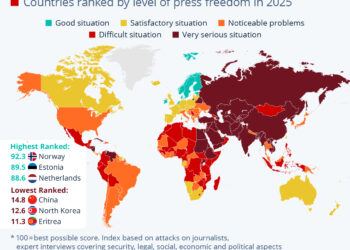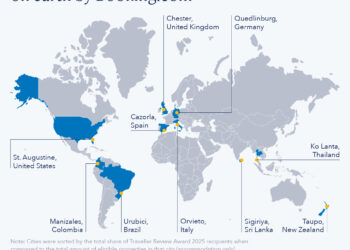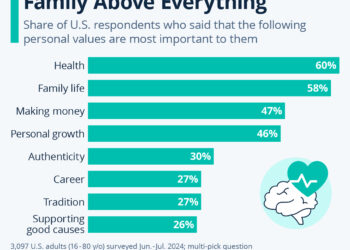The Political Landscape in America: A Deep Dive into Division and Desires for Unity
Understanding the Current Political Climate
As we look at the results of the 2024 U.S. presidential election, the clear victory for Donald Trump showcased not only electoral preferences but also a deep-seated division within the American populace. This environment reflects a broader trend affecting multiple aspects of society, from social interactions to community engagement, revealing significant rifts in public opinion on crucial issues.
The Widening Chasm of Public Opinion
In contemporary America, nearly every significant issue—be it abortion rights, immigration policies, climate change, or healthcare—exhibits a stark contrast in viewpoints among citizens. This polarization has made political compromise increasingly difficult, raising questions about the viability of democratic processes in such a divided nation.
Key Issues Reflecting Division
-
Abortion Rights: The debates surrounding reproductive rights have intensified, resulting in passionate stances on both sides.
ADVERTISEMENT -
Immigration Policies: This issue continues to spark heated discussions, with varying opinions on border security and the treatment of immigrants.
-
Climate Change: The urgency of climate crisis solutions is met with skepticism from those who question the extent of human impact on the environment.
- Healthcare: Discrepancies in views on how healthcare should be provided and funded further complicate political dialogue.
Public Awareness and Desire for Unity
Despite the evident divisions, a recent poll conducted by YouGov and The Economist reveals a noteworthy perspective from the American public. Many citizens express a desire for unity and compromise amongst differing political factions.
Insights from the Poll
- A staggering 84% of respondents highlight the importance of Americans coming together to resolve differences.
- This sentiment is shared across political lines, with 82% of Democrats and 89% of Republicans advocating for cooperation.
The Realities of Unity: A Stark Paradox
Despite the overwhelming desire for unity, the poll indicates a contrasting belief in the feasibility of achieving such collaboration among Americans.
Optimism vs. Reality
- Only 25% of respondents, including 15% of Democrats and 38% of Republicans, think that Americans can indeed unite to address their differences.
- The sentiment regarding the 2024 election indicates that 35% of participants believe it has further divided the country, while only 27% feel it has brought people closer together.
The Implications of Division for Democracy
This growing divide raises critical concerns about the future of democratic governance in the United States. Political compromise has been a cornerstone of democratic societies, allowing for diverse viewpoints to be heard and accommodated. However, with the current climate showing little room for such dialogue, the implications could be far-reaching.
The Challenge of Political Compromise
The crux of the matter lies in the challenge of fostering environments where genuine dialogue can occur. Without effective communication channels between opposing viewpoints, the risk of further division increases, and the foundation of democracy could be threatened.
Path Forward: Bridging the Gaps
As the public expresses a wish for greater unity, it prompts the question: What steps can be taken to facilitate understanding and cooperation among diverse groups? Recognizing the issues at stake, citizens and leaders alike must engage in efforts that promote dialogue, understanding, and collective problem-solving.






